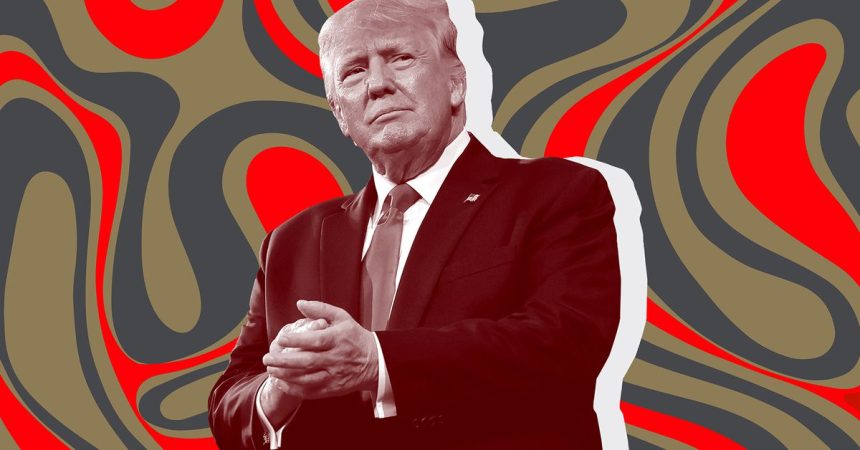President-elect Donald Trump made pivotal nominations that will significantly influence the tech enforcement landscape of his administration. His choice to lead the Securities and Exchange Commission (SEC) is Paul Atkins, a former Republican commissioner known for his stance on digital assets. This nomination comes as a replacement for Gary Gensler, who was appointed by President Biden and has taken a harder line against cryptocurrencies. Trump’s selection of Atkins, co-chair of the Token Alliance within the Digital Chamber, signals a clear shift away from the Biden administration’s crypto regulatory framework. Trump’s assertion that Atkins “recognizes that digital assets & other innovations are crucial to Making America Greater than Ever Before” indicates his intention to foster a more favorable environment for technological and digital asset advancements.
In tandem with his nomination of Atkins, Trump expressed a vigorous critique of “Big Tech,” accusing these established companies of monopolistic practices that stifle competition and infringe on the rights of the American populace. His remarks on Truth Social reflect a populist approach, as he introduces the concept of “Little Tech,” a term popularized by venture capitalist Marc Andreessen. By contrasting the needs and rights of smaller tech entities against the dominance of larger firms, Trump aligns himself with a narrative that champions innovation and competition. This ideological shift aims to reshape tech policy to favor startups and emerging technologies, signaling a clear departure from the regulatory approaches seen during the previous administration.
The choice of Atkins also points to a broader trend in Tech policy under Trump and raises questions about the regulatory direction the SEC may take concerning cryptocurrencies and related technologies. With Atkins at the helm, trends toward a more permissive regulatory stance could emerge, creating a more hospitable environment for cryptocurrency ventures and startups. This contrasts sharply with the ongoing regulatory scrutiny seen during Gensler’s leadership, which sought to impose stricter regulations on crypto markets. Advocates for digital assets are likely to view Atkins’ nomination favorably, given his previous endorsement of innovation in the sector.
Supporting Trump’s agenda is a broader critique of the antitrust efforts initiated under the Biden administration, particularly with regard to Big Tech companies. The framing of Big Tech as an adversary of competition resonates with a subset of political and economic discourse focused on consumers’ rights and market fairness. Trump’s administration is poised to prioritize these themes, potentially fostering a marketplace that emphasizes fair competition and accessibility for smaller tech firms. By positioning himself as a champion of Little Tech, Trump seeks to galvanize support among entrepreneurs and innovators who feel marginalized by larger tech corporations.
On another front, Trump’s nomination of a key antitrust official, who has previously collaborated with Democratic figures, suggests a desire for a regulatory approach that might engage with various perspectives. This nominee’s history—serving as an attorney advisor to a Democratic Federal Trade Commission (FTC) Commissioner—implies that the administration is not solely aligned with a partisan agenda. Instead, it indicates an intention to navigate complexities within the tech landscape that extend beyond traditional party lines, ensuring robust scrutiny of antitrust issues regardless of the administration’s prevailing political ideology.
Overall, as Trump positions his administration towards a potential overhaul of tech policy, the nominations of Paul Atkins and his antitrust official underscore a significant ideological shift regarding innovation, competition, and regulation. The emphasis on supporting digital assets and fostering a competitive environment for Little Tech is likely to define the administration’s approach to tech enforcement. If confirmed by the Senate, these appointments could reshape the regulatory fabric surrounding emerging technologies, signaling a departure from the aggressive enforcement posture of the Biden administration, and highlighting an era that may champion growth and accessibility in the tech sector.



